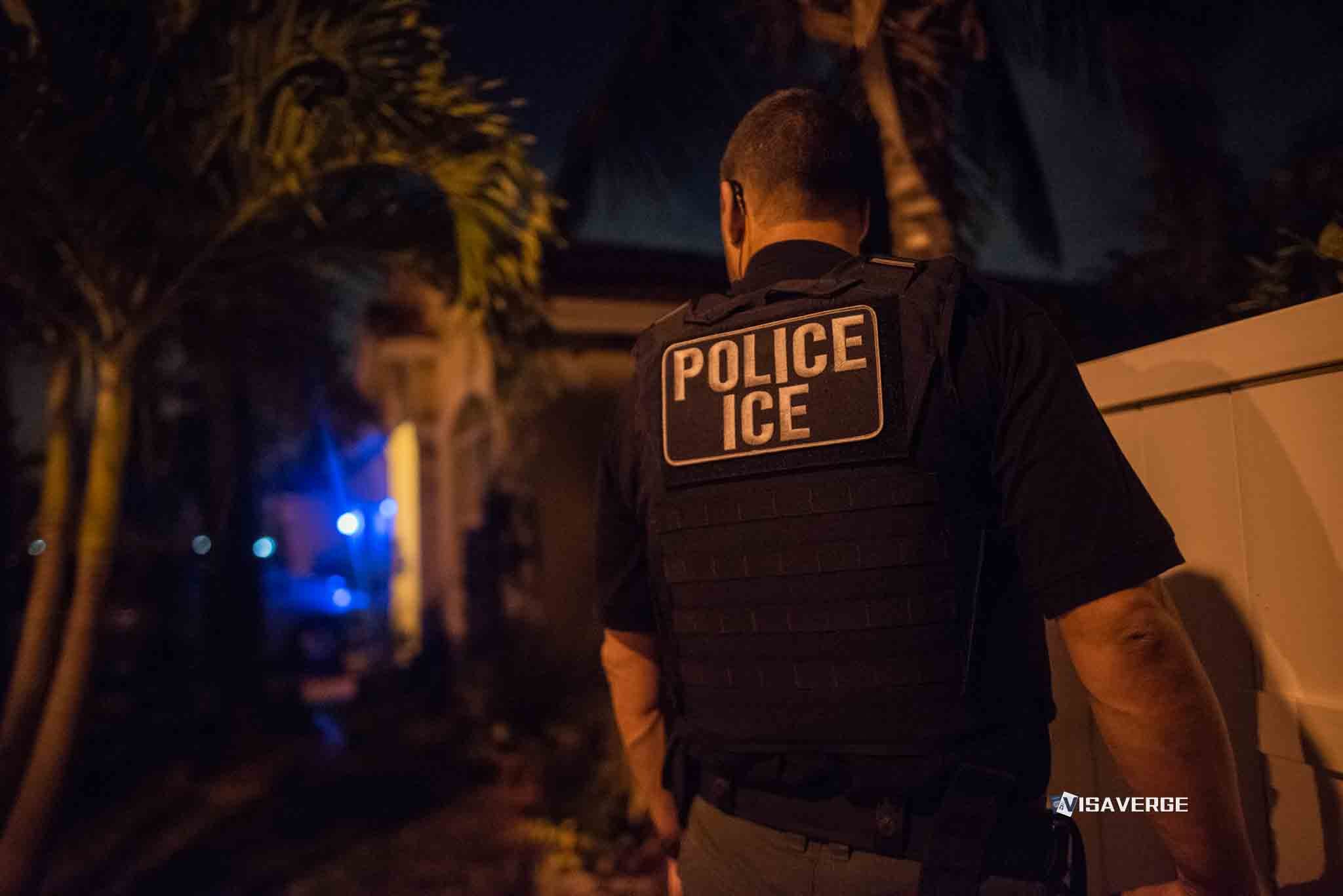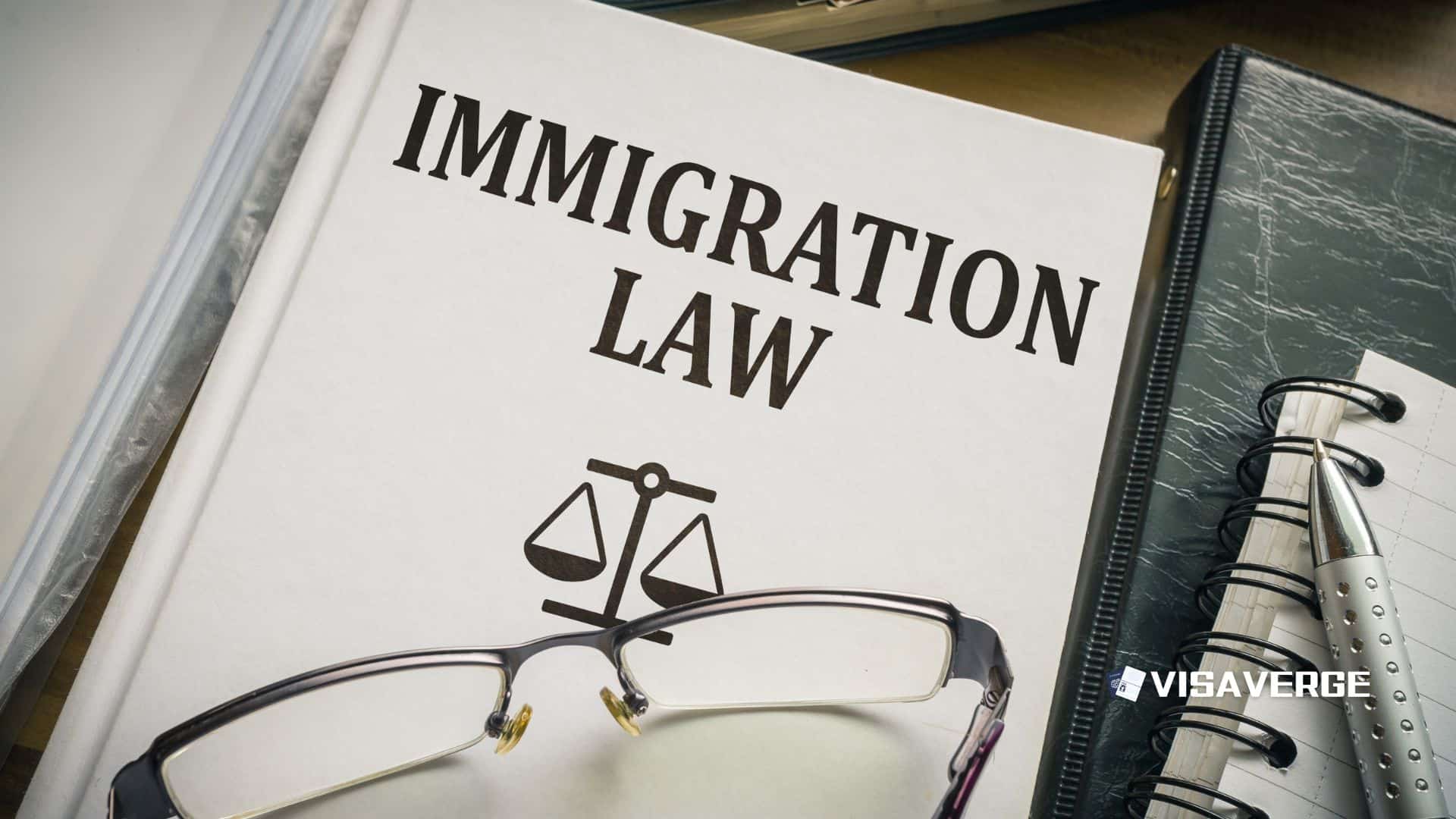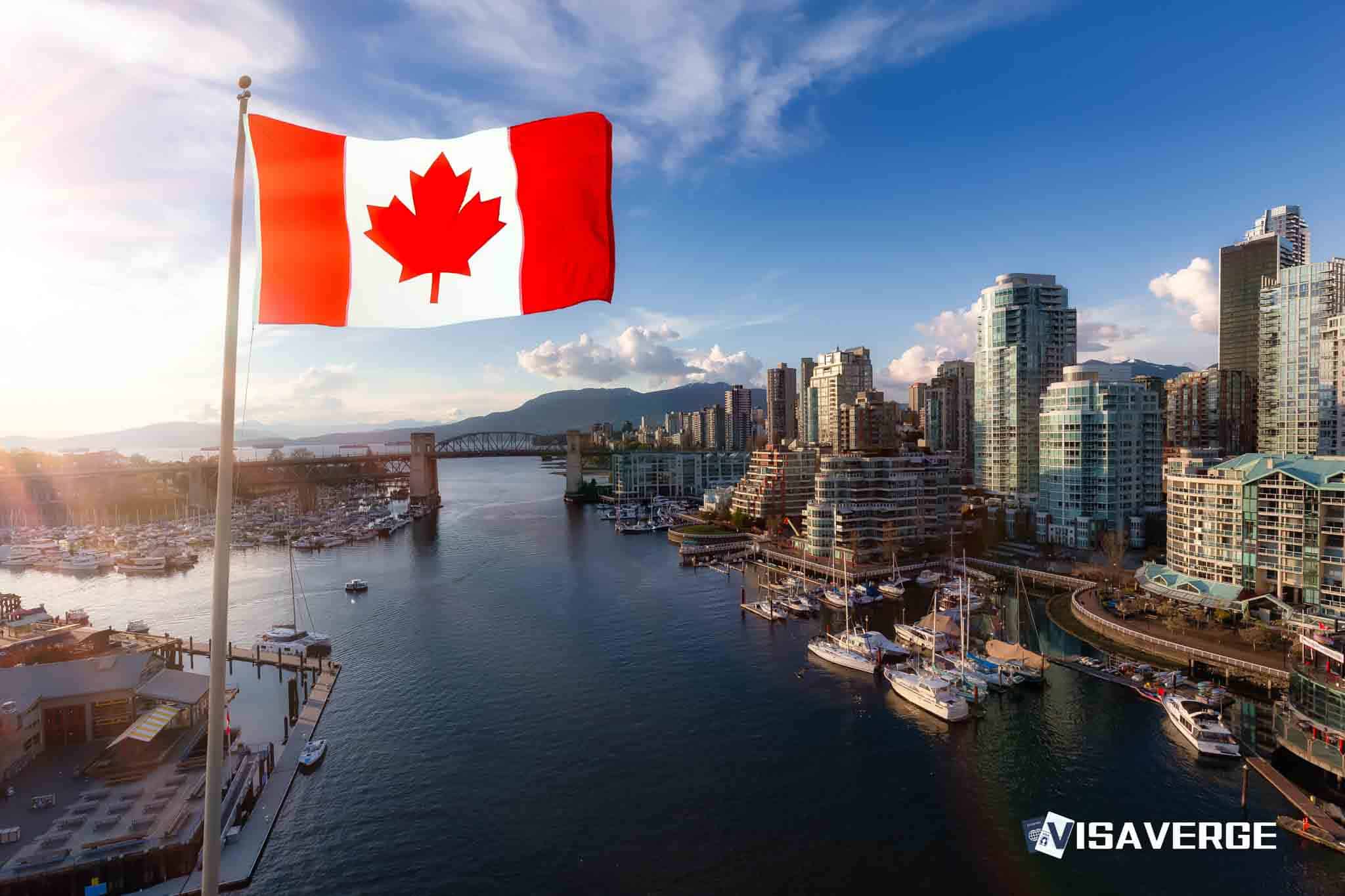(ALEXANDRIA) A Georgetown scholar detained in March 2025 has reached a deal to return to work while fighting deportation, following a federal judge’s ruling in Alexandria. The case highlights growing concerns over immigration enforcement targeting international academics and students in the United States 🇺🇸.

Who is the Georgetown Scholar and What Happened?
Badar Khan Suri, a postdoctoral fellow at Georgetown University and a scholar from India 🇮🇳, was detained by U.S. immigration authorities in March 2025. His arrest came during a wider federal crackdown on foreign students and scholars, especially those seen as critical of U.S. policies on Israel and Palestine. Supporters say Khan Suri’s detention was retaliation for his free speech and family connections, raising serious questions about constitutional rights.
On May 14, 2025, a federal judge in Alexandria, Virginia, ruled that Khan Suri could be released from immigration detention while his legal case continues. The judge pointed to strong constitutional claims against the Trump administration’s policies, including possible violations of the First Amendment, which protects free speech, and other constitutional rights. The judge also considered Khan Suri’s family needs and found no evidence that he posed any danger to the community.
After the ruling, Khan Suri was allowed to return home to his family in Virginia and resume his work at Georgetown. However, he still faces deportation proceedings in an immigration court in Texas. This means he could be forced to leave the United States 🇺🇸 if the court rules against him.
Georgetown University’s Response and Support
Georgetown University has taken an active role in supporting Khan Suri and other international students and scholars affected by recent immigration enforcement. The university has publicly condemned the federal government’s actions, especially the termination of immigration statuses for several community members, including Khan Suri.
Georgetown has joined legal efforts to challenge what it calls the Trump administration’s “ideological deportation policy.” This policy targets non-citizen students and faculty based on their political views. The university and its allies argue that this violates constitutional protections, such as the First and Fifth Amendments and the Administrative Procedure Act, which sets rules for how federal agencies must act.
In April 2025, Georgetown signed an amicus brief—a legal document supporting a case—asking the court to stop arrests, detentions, and deportations based on political expression until the courts decide if these actions are legal. The brief was filed by the American Association of University Professors (AAUP) and included other major academic institutions.
Policy Changes and Their Impact
Several recent policy changes have made life more difficult for international students and scholars like Khan Suri.
- In January 2025, the Department of Homeland Security (DHS) canceled a memo that had limited immigration enforcement in “protected areas” such as universities. Without this protection, immigration authorities have increased enforcement actions on campuses across the country.
- Another change is the government’s expanded review of social media activity when making decisions about visas and immigration benefits. Content that is seen as supporting terrorism or antisemitic activity can now be used as a reason to deny or revoke visas. This has affected members of the Georgetown community and others.
- For students and scholars from countries facing travel bans or visa restrictions, Georgetown has advised deferring enrollment or staying in the United States 🇺🇸 if already present. This is to avoid problems caused by these new policies.
Legal and Practical Implications for the Community
The case of the Georgetown scholar shows the real-life impact of these policies on individuals and families. Khan Suri’s ongoing legal battle means he must fight to keep his immigration status and his right to work and study in the United States 🇺🇸. Many others in similar situations face the same uncertainty.
Georgetown’s Office of Global Services (OGS) is closely watching visa statuses and providing resources to help affected students and scholars. The university has issued guidance on travel, visa interviews, and following immigration laws. This support is vital for international community members who may not know how to handle sudden changes in their immigration status.
Broader Legal and Political Struggle
Khan Suri’s case is part of a larger legal and political fight against the Trump administration’s immigration enforcement policies. These policies have led to more deportations and detentions of international students and scholars, especially those with political views that differ from the government’s.
Georgetown and other universities argue that targeting people based on their political beliefs goes against the core values of academic freedom and free speech. They continue to push for court decisions that will protect the rights of international students and scholars.
What’s Next for Khan Suri and Others?
The legal challenges against the Trump administration’s policies are still ongoing. Court decisions in the coming months could affect not only Khan Suri but also many other international students and scholars facing similar threats of deportation.
Georgetown and its partners remain committed to defending academic freedom and constitutional rights. They are working through the courts and public advocacy to push back against policies they see as unfair and harmful.
Practical Steps for Affected Individuals
For those in similar situations, it’s important to:
- ✅ Stay informed: Follow updates from trusted sources like Georgetown’s Office of Global Services, which provides the latest immigration news and guidance. You can find updates and resources at the official Georgetown OGS immigration updates page.
- 📋 Seek legal help: If you face deportation or visa problems, contact an immigration lawyer or your university’s legal support services.
- 📋 Document everything: Keep records of your visa status, communications with immigration authorities, and any legal documents.
- 📋 Follow university guidance: Pay attention to advice on travel, visa interviews, and compliance with immigration laws.
Community and Institutional Support
Georgetown’s response shows how universities can play a key role in supporting international students and scholars during uncertain times. By providing legal help, public advocacy, and practical resources, institutions can help protect the rights and well-being of their community members.
As reported by VisaVerge.com, the situation for international scholars in the United States 🇺🇸 remains uncertain, with policy changes and legal battles shaping the future for many. The outcome of cases like Khan Suri’s will likely set important precedents for how academic freedom and constitutional rights are protected in the context of immigration enforcement.
Conclusion and Takeaways
The Georgetown scholar’s case is a clear example of how immigration policies can deeply affect individuals, families, and academic communities. While Khan Suri has won the right to return to work and be with his family for now, his fight against deportation continues. The broader struggle over immigration enforcement, academic freedom, and constitutional rights is far from over.
For international students and scholars, staying informed, seeking legal help, and relying on university resources are key steps to protect themselves. Institutions like Georgetown continue to advocate for fair treatment and the protection of fundamental rights for all members of their communities. The coming months will be critical in determining the future for Khan Suri and many others in similar situations.
This Article in a Nutshell












